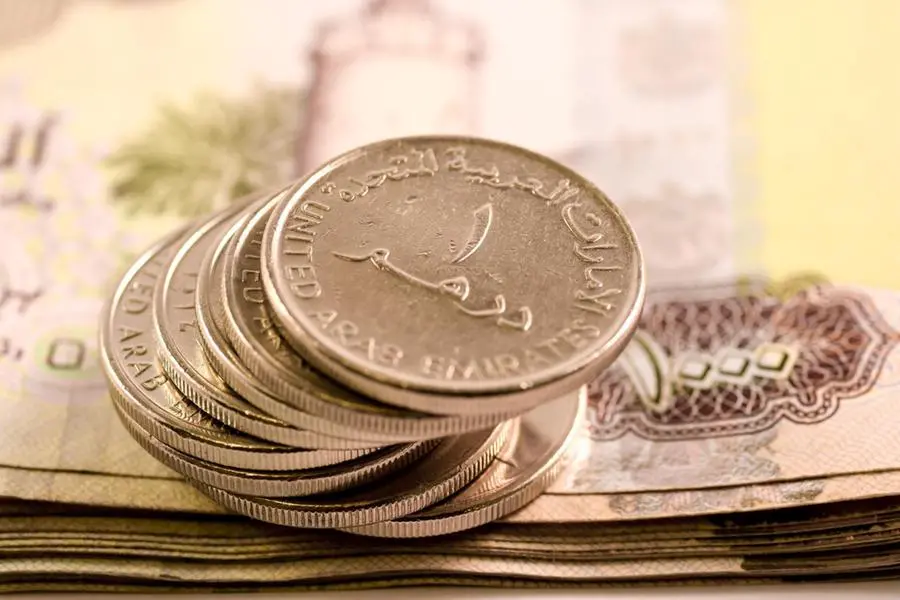PHOTO
Dubai has reduced its public debt by AED29 billion ($7.8 billion) as it managed to settle some of its loans amid strong economic recovery.
The reduction consequently brings down the emirate’s debt burden as a share of its gross domestic product (GDP) to 25%, the Dubai Media Office said on social media, citing the Public Debt Management Office of the Department of Finance.
The decline is achieved across all debt classes in the government’s debt portfolio, including a full redemption of Sukuk certificates worth AED3.3 billion.
It also includes the repayment of bilateral and syndicated facilities amounting to AED5.2 billion and a partial settlement of AED20 billion from the financing extended by the Abu Dhabi government and UAE Central Bank.
Cyclical high
As of 2020, public debt reached a cyclical high of 78% of the GDP.
Ratings agency S&P had forecast in May a reduction in the emirate’s government debt to about 51% ($66 billion) of the economy this year, citing economic growth.
Dubai outperformed several economies after the COVID-19 pandemic as it emerged as a destination for investors, high-net-worth individuals and tourists following the easing of restrictions.
Between 2020 and the first quarter of 2023, Dubai had been making debt repayments, including $2.9 billion in bonds, S&P said. The emirate also reduced its loans from Emirates NBD by a third over the same period.
Dubai’s real GDP growth, however, could decelerate from an estimated 4.2% in 2022 to 3.8% in 2023, Fitch Solutions forecast early this year.
The easing in economic growth will be due to elevated cost of living, high and rising borrowing costs and fading base effects.
(Reporting by Cleofe Maceda; editing by Seban Scaria)





















